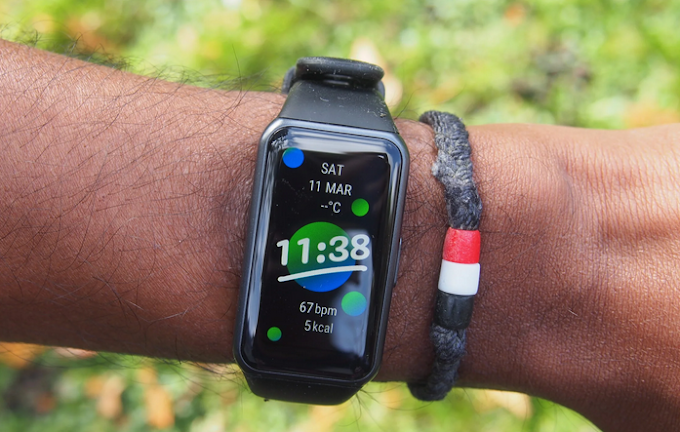In our fast-paced world, stress is an inevitable part of life. However, maintaining good mental health is crucial for overall well-being, productivity, and happiness. Here are some effective strategies to help you manage stress and maintain your mental health during challenging times.
1. Practice Mindfulness and Meditation
Why It Works: Mindfulness and meditation help you stay present and focused, reducing anxiety and promoting a sense of calm.
How to Get Started:
- Set aside a few minutes each day to meditate. Find a quiet space, sit comfortably, and focus on your breath.
- Use guided meditation apps like Headspace or Calm if you're new to the practice.
- Incorporate mindfulness into daily activities, such as eating or walking, by paying attention to your senses and surroundings.
2. Stay Physically Active
Why It Works: Exercise releases endorphins, which are natural mood lifters. It also helps reduce stress hormones like cortisol.
How to Get Started:
- Aim for at least 30 minutes of moderate exercise most days of the week. Activities like walking, running, yoga, or dancing can be beneficial.
- Find an activity you enjoy to make it easier to stick with it.
- Consider joining a class or group to stay motivated and make exercise a social activity.
3. Maintain a Healthy Diet
Why It Works: A balanced diet provides the necessary nutrients for brain function and helps regulate mood.
How to Get Started:
- Eat a variety of fruits, vegetables, whole grains, lean proteins, and healthy fats.
- Limit intake of caffeine, sugar, and processed foods, which can negatively impact mood.
- Stay hydrated by drinking plenty of water throughout the day.
4. Get Enough Sleep
Why It Works: Quality sleep is essential for mental health, as it allows your brain to rest and recharge.
How to Get Started:
- Establish a regular sleep schedule by going to bed and waking up at the same time each day.
- Create a relaxing bedtime routine, such as reading or taking a warm bath.
- Limit exposure to screens and stimulants like caffeine before bedtime.
5. Connect with Others
Why It Works: Social connections provide emotional support and can help you feel understood and less alone.
How to Get Started:
- Reach out to friends and family regularly, even if it's just a quick text or call.
- Join clubs, groups, or online communities that interest you.
- Consider talking to a therapist or counselor if you're struggling to cope with stress.
6. Set Realistic Goals and Prioritize Tasks
Why It Works: Setting achievable goals and managing your time effectively can reduce feelings of overwhelm and increase your sense of control.
How to Get Started:
- Break down large tasks into smaller, manageable steps.
- Prioritize tasks based on importance and deadlines.
- Allow yourself to say no to additional responsibilities if you're feeling overwhelmed.
7. Practice Relaxation Techniques
Why It Works: Relaxation techniques can help calm your mind and body, reducing stress and anxiety.
How to Get Started:
- Try deep breathing exercises, progressive muscle relaxation, or visualization techniques.
- Explore activities like yoga or tai chi that combine physical movement with relaxation.
- Listen to calming music or nature sounds to help you unwind.
8. Limit Exposure to Stressors
Why It Works: Reducing exposure to stressful situations and negative influences can help protect your mental health.
How to Get Started:
- Set boundaries with people or situations that cause stress.
- Limit time spent on social media or consuming news if it makes you anxious.
- Create a peaceful and organized living environment to reduce daily stress.
Maintaining mental health during stressful times requires a proactive and multifaceted approach. By incorporating mindfulness, physical activity, a healthy diet, and social connections into your routine, you can build resilience and better manage stress. Remember, it's important to seek professional help if you find it challenging to cope on your own.
Taking care of your mental health is crucial, especially during stressful times. Implement these strategies to create a balanced, healthy lifestyle that supports your well-being. Start today and take small steps towards a calmer, more centered life.


.png)



0 Comments